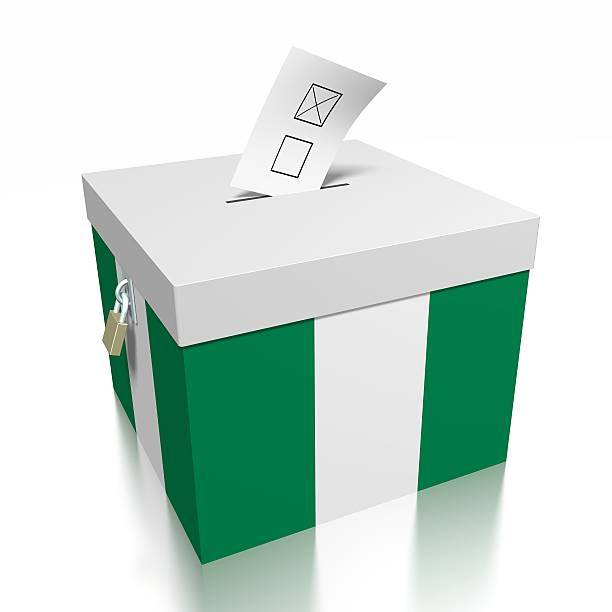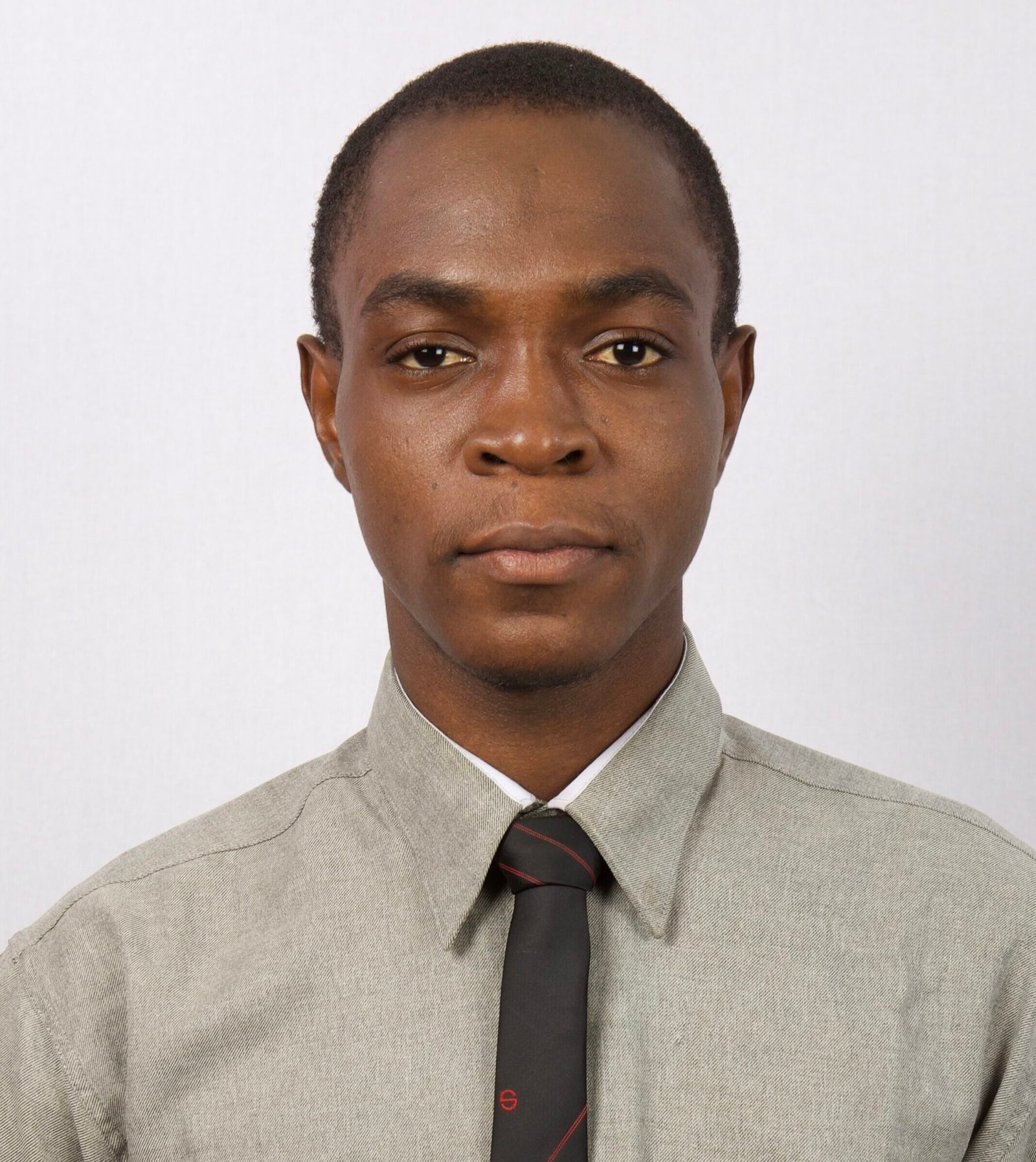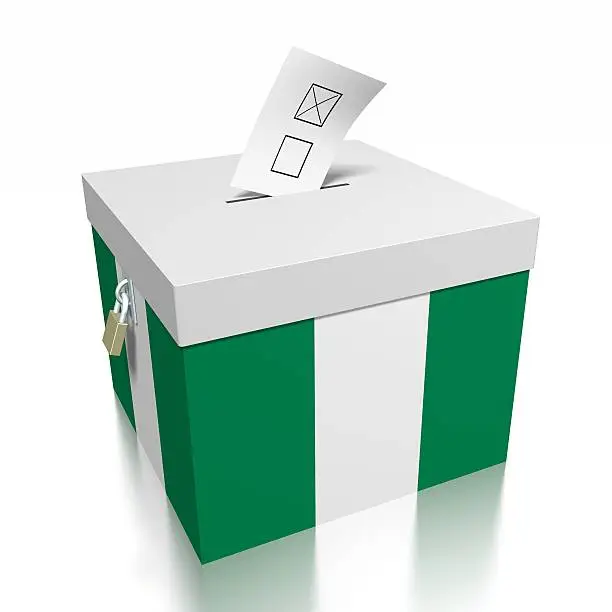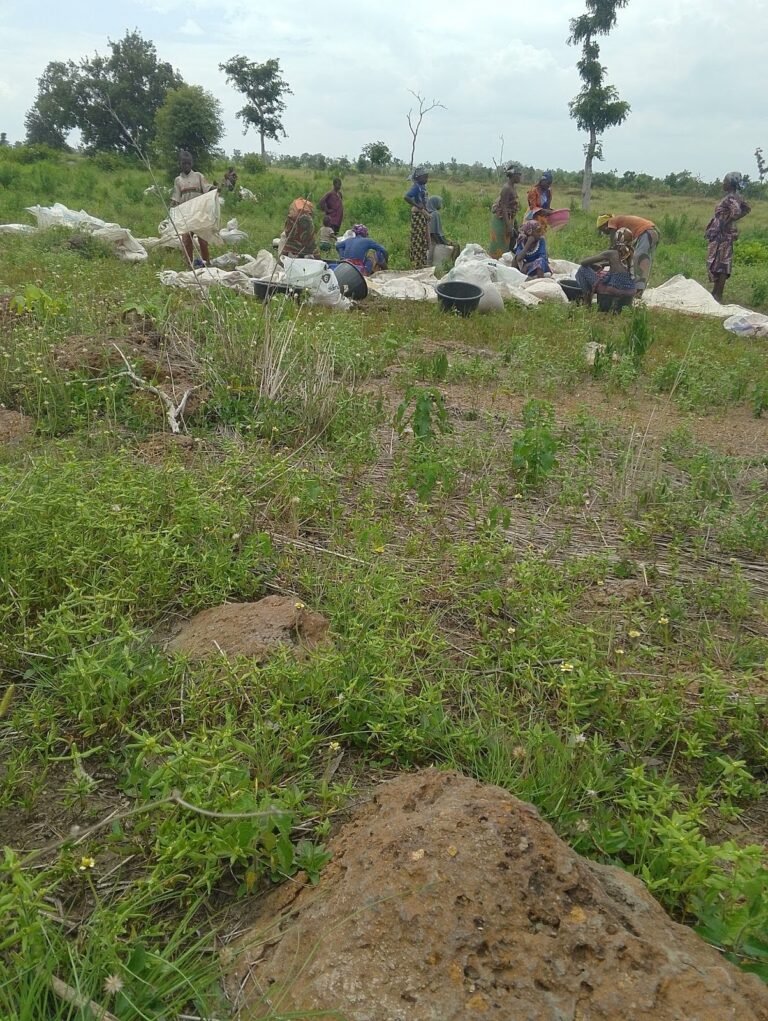
The 2023 Nigerian general election has come and gone, leaving in its wake a myriad of lessons and a path forward for the nation’s political landscape. As the dust settles, it is crucial for stakeholders to reflect on the successes and challenges of the electoral process, and chart a course for a more inclusive, transparent, and accountable democracy.
It is disturbing that out of the total 93.47 million registered voters, only 24.9 million persons voted in the just concluded presidential and National Assembly elections. The low turnout of voters highlights several challenges that need to be addressed in order to improve the country’s electoral process. The low turnout could be linked to lack of interest in the electoral process, which can be attributed to a variety of factors, such as a lack of confidence in the electoral system, disillusionment with politics, and a feeling of disempowerment. It is important to recognize that the remaining 74% of unengaged voters represent an untapped potential for strengthening Nigeria’s democracy.
One of the lessons we learned is that continued voter education and engagement are crucial for a thriving democracy. Stakeholders must sustain efforts to educate citizens on the importance of voting and civic participation, while also addressing the underlying issues that discourage voter turnout, such as security concerns and voter apathy.
Notwithstanding some recorded pockets of violence and intimidation, underscoring the need for a more robust security framework, the election also witnessed a commendable reduction in electoral violence. Instances of election violence perpetrators being gunned down and apprehended are a commendable effort from the security personnel to ensure peaceful and credible election.
Ensuring a violence-free electoral process is a collective responsibility. The government, security agencies, political parties, and civil society organisations must work together to create a culture of peace and tolerance, holding perpetrators of electoral violence accountable to deter future incidents.
The introduction of the Bimodal Voter Accreditation System (BVAS) in 2021 and its usage in the last election was a significant technological leap that streamlined the voting process and reduced opportunities for fraud. However, technical glitches and inadequate training of electoral staff marred the full realisation of these innovations’ potential.
But technology alone cannot guarantee electoral integrity. It is essential to invest in capacity building for electoral staff. Furthermore, the government must prioritise the development and maintenance of critical infrastructure, such as stable power supply and reliable internet connectivity, to ensure the seamless implementation of electoral technology.
The election saw a relatively increase in youth and female representation in politics, with more young people and women contesting and winning elective positions. This development is a testament to the effectiveness of advocacy efforts by civil society organizations and the impact of the Not Too Young To Run law. However, the underrepresentation of these demographics in politics persists, highlighting the need for sustained efforts to dismantle barriers to political participation.
Achieving inclusive representation in politics requires concerted efforts from all stakeholders. Political parties must adopt internal policies that promote the inclusion of marginalised groups, while the government should implement affirmative action policies to level the playing field for historically underrepresented demographics.
The 2023 general election in Nigeria offers valuable lessons for the nation’s democratic journey. The electoral security, technological advancements, and increased representation of marginalised groups are laudable achievements. These successes also reveal areas that require further attention and improvement.
As Nigeria moves forward, it is crucial for stakeholders to consolidate the gains of the election and address its shortcomings. This will involve continuous voter education, fostering a culture of peace, investing in electoral technology and infrastructure, and promoting inclusive representation in politics. Only by learning from the past can Nigeria build a stronger, more vibrant democracy for the future.















